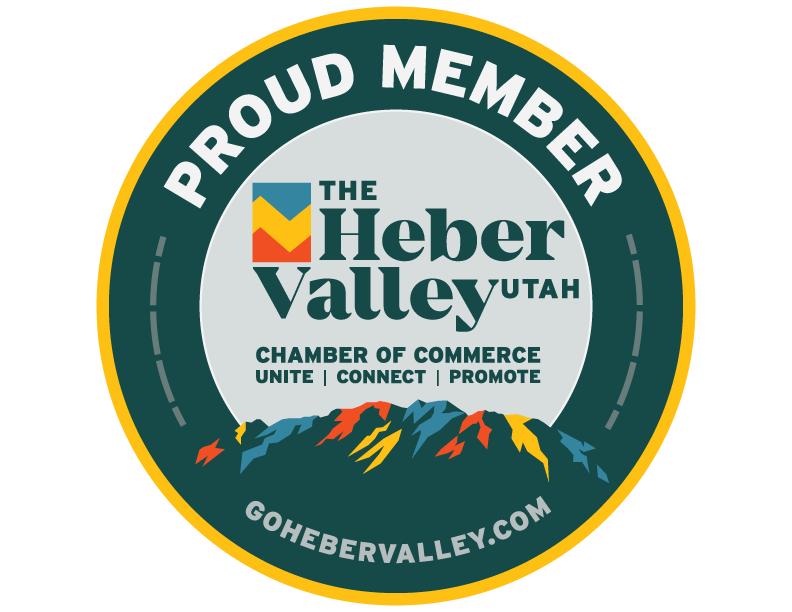You can reasonably expect a hiring manager or recruiter to give your resume 10-15 seconds on the first pass. Writing a resume that gets attention in such a short time is not easy, but if you follow this advice, you’ll increase your chances of landing an interview.
Format for Ease of Use
Good design is functional first. Given that your resume must communicate a lot of information quickly, readability should be your first priority. List only the most current, relevant, and impressive information. Unless you’re applying for a senior- or executive-level position, keep it to one page. Use a simple, black typeface on white resume paper. Make your name the most bold, and type your contact information below your name.
- Name, Contact Information, Objective or Summary (optional)
- Experience
- Community Involvement (optional)
- Education
- Skills, Awards, and/or Certifications (if applicable)
If you include a summary statement or objective, it should be one sentence that describes what you want to do for this company. In your resume, don’t use decorative language or vague compliments about your abilities. Instead, be specific and direct. In the experience section, list your last three jobs in reverse chronological order (most recent first). If you’re applying for a job on Wasatch Jobs, use our Resume Builder.
Details Matter
Even though the recruiter or hiring manager that looks over your resume doesn’t have much time, they will still notice careless grammar or spelling errors. In fact, some managers we’ve talked to have gone as far as saying that, on the first pass, they only look for errors: the kind of job seeker you are says a lot about the kind of employee you will be. In light of this, don’t leave errors on your resume that might signal you are lazy or careless. The details matter!
Compelling Content
When writing your resume, remember to use descriptive verbs that illustrate what you did at a job rather than describing the job generally. Don’t use imprecise adjectives or adverbs. Instead of saying you “gave exceptional service,” show that you did by quantifying the quality of your work: “received consistently high scores on customer surveys.” Your experience section should detail how you used your unique skills to do the job well. Start each bullet point with an active verb.
A resume is a marketing document, so remember that stories sell. This is not to say that you should be long-winded, but rather that you should include information that your employer can visualize. If you are bilingual, list this in your skills. If you’ve traveled with a non-profit organization or have raced in a marathon, mention it in community involvement. Your resume shouldn’t just list the jobs you’ve had. It should illustrate the high points of your recent life in a way that makes employers curious to know more.
With this said, don’t include information about your personal life that goes too far off-script. Don’t include information about your marital status or weekend interests. Only list something that isn’t directly work-related if doing so illustrates a quality you possess that would be valuable to the company.
Remember Your Objective
A resume by itself isn’t going to get you a job–and that’s not the point! A resume is designed to get you an interview. As you write, remember that you’re trying to capture the interest of the hiring manager. You don’t have to spell out everything you’ve ever done in every job and volunteer post you’ve held. In fact, exercising restraint is sure to make your resume more compelling and interesting.
After you finish writing, step away for a few hours or a day and then come back to it. Take out anything that isn’t strong or that you’ve already said somewhere else. Remember that white space is as important as ink–include only the information that will help you meet your objective. You’ll have plenty of time to fill in the details during your interview.
Deliver Your Resume
Be sure to deliver your resume through the medium and in the format requested. If the job post requests that you apply in person, put your best foot forward and apply in person, preparing for an interview. Many employers who accept resumes by email don’t want to open attachments, and may request that you copy and paste your resume into the body of an email. Read carefully and follow the instructions in the post.
If you’re responding to an ad by email and the post hasn’t specified the file format, export your resume as a PDF out of the word processor. This will ensure that whoever receives it sees your resume as you designed it.
In the body of the email, explain how you heard about the job and demonstrate gratitude for the hiring manager’s consideration. The body of the email isn’t a substitute for a cover letter (if one is requested) but it is a similar opportunity for you to express your personality. Be brief but descriptive.
We know the job search can be intimidating. Having a considered, effective resume is one way to arm yourself with more confidence, making your job search smoother and quicker. Follow these resume pointers and our tips for new job seekers and you’ll be setting up interviews in no time.
Research for this article was compiled from Wasatch Jobs staff expertise, Forbes, The Muse, and ASME.



